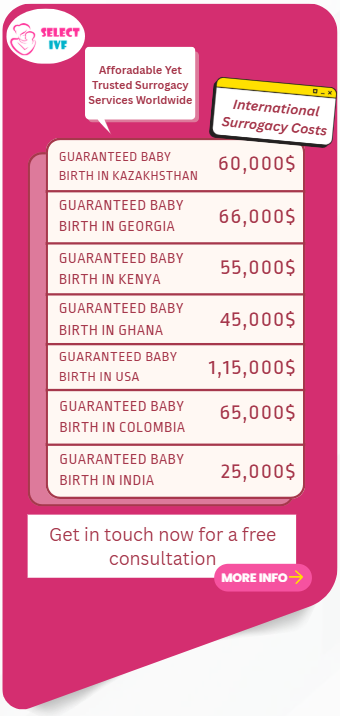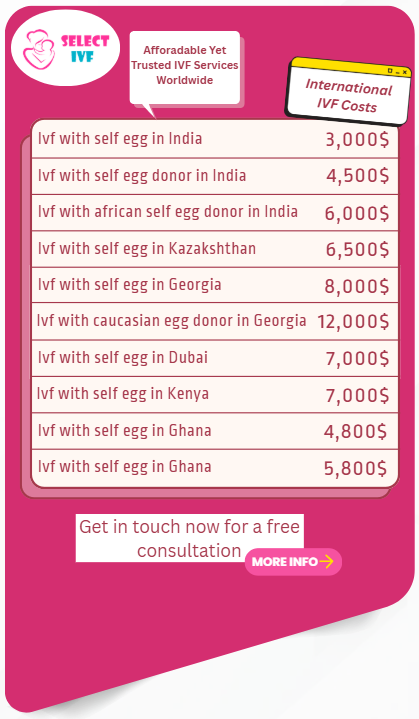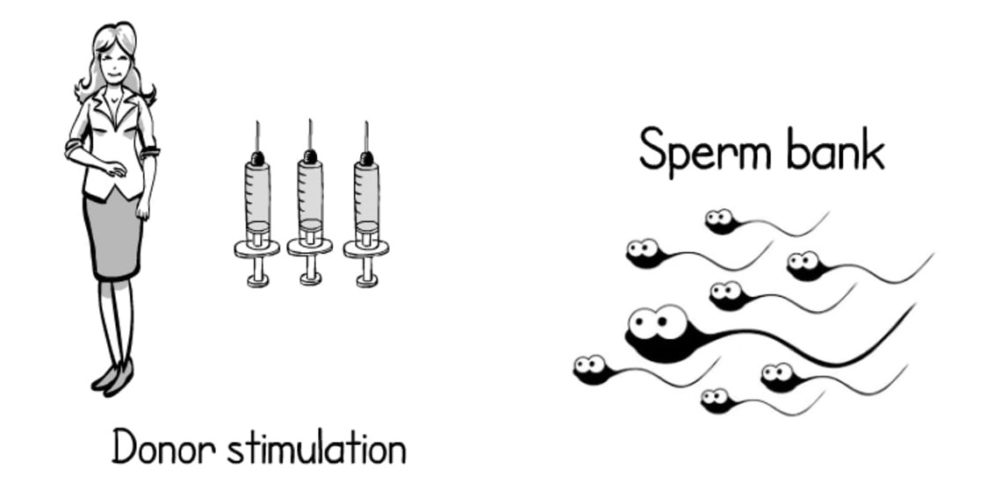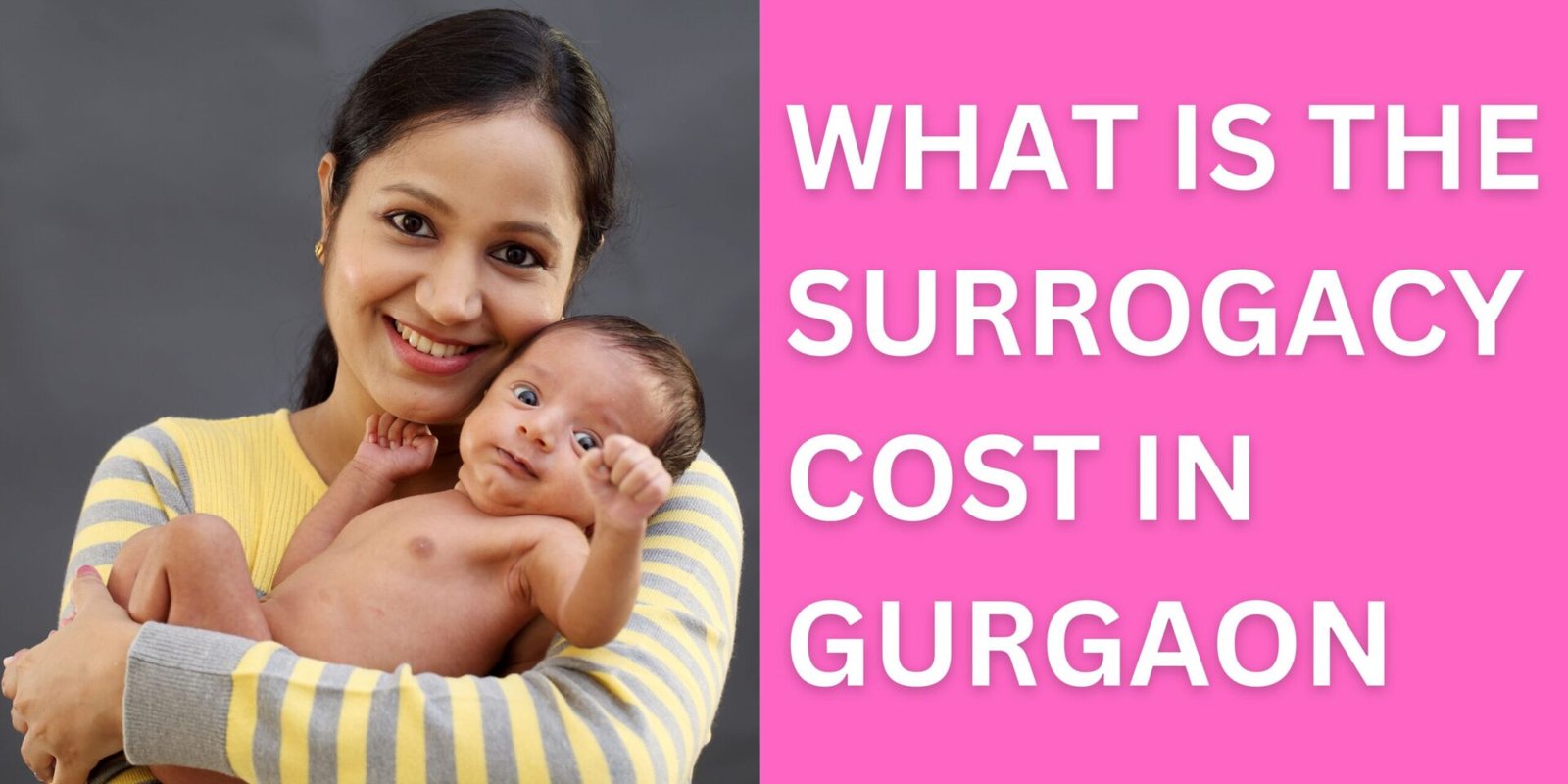IVF is the most recommended treatment and sometimes the only suitable solution when couples are diagnosed with the problem of infertility. However, infertile couples can benefit from the less intense ART methods where the use of certain medications and fertility injections can help induce pregnancy.
If you are confused about the prospect of Who needs IVF treatment is the right option you, enlisted in this blog are the common conditions that confirm the candidature of a couple as a suitable candidate for IVF treatment. When you are hell-bent in your decision of having a child and when the other minor fertility treatment did not help in complementing your decision, then considering IVF becomes your only need.
In the process of IVF, where different stages are involved that obliterate the need of the sperms to bypass various paths that it had to pass in the natural process. This elimination of steps creates a simpler pathway for the sperms to reach and permeate the egg; sometimes acute reproductive conditions of the female cause obstruction in the way of sperms and causes a fertilization failure, therefore, IVF helps increase the possibility of conception by making fertilization possible outside the female’s body.
There are various reasons that necessitate the need for IVF such as the low sperm count in men, diminished ovarian reserve in women, unexplained infertility; where it is hard to find out the actual cause of infertility, issues in fallopian tubes, male or female sterilization, women with PCOS, etc. To answer the question- who needs IVF treatment? We are going to discuss in brief some of the major reasons that indicate the need for IVF treatment.

Severe male-factor infertility
If the cause of infertility is related to the male partner and a cause is too severe that simple ART methods are not beneficial, then the couple should go for IVF. The various advanced methods of assisted reproduction help the abnormally or poor sperm cells to reach the egg because the different issues with the male partner’s sperm make it impossible for the sperm to travel through the female’s body and penetrate the egg. Most often, IVF with ICSI is recommended where the doctor takes a simple sperm cell based on a technique and insert directly at the center of the egg, this method makes fertilization possible and increases the chances of conception.
Diminished ovarian reserve
It is natural for a woman to lose the number of eggs that are there in her ovaries. A woman is born with a certain amount of eggs that continue to gradually vanish with an increase in her age. If a woman has a highly decreased quantity of eggs, which generally happens to a woman above age 35, then IVF is the best option. In IVF, the use of fertility drugs aids in increasing egg quantity and the technical method helps the conversion of egg into an embryo possible, which is obviously achieved after fertilizing the eggs with the sperms. Therefore, the low amount of eggs makes you a suitable candidate for IVF treatment.
Problems in the fallopian tubes
Fallopian tubes are the most important female reproductive tract where the sperms pass to reach the egg. Sometimes severe problems occur in them as they get damaged or blocked due to various reasons or in some cases the woman intentionally gets them tied. Issues in the fallopian tube cannot make it possible for the female to achieve pregnancy naturally and she has to take the help of IVF if she wishes to achieve pregnancy with her damaged fallopian tubes. IVF eliminates the need for the sperms to go through the fallopian tubes and thus, makes pregnancy possible. However, if you can get your tubes surgically corrected, then you can get pregnant naturally, and undergoing IVF is not required.
Couples with genetic diseases
If one or both the partners have a genetic disease or other abnormalities and fear to pass them to the child, then nothing is better than IVF. The embryo created in IVF can be tested in PGD (Pre-implantation Genetic Diagnosis) where the genetic faults in the embryo are identified and the risk of passing onto the child is eliminated. If the embryo passes the test, then you can move ahead with confidence in your IVF, and get the embryo implanted into the mother’s womb. This facility is only available when you choose IVF for getting pregnant. PGD or PGS is only performed on patients who are suspected with the potential of transferring their genetic abnormalities to their future child.
Women who want to get pregnant with frozen eggs
For various health or other career reasons, some women choose to freeze their eggs so that they can be used later when they decide to get pregnant. It is a known fact a woman’s eggs tend to reduce in quantity or quality and the older the age, the lesser are chances of getting pregnant with unhealthy eggs. Therefore, cryopreserving the eggs helps in saving their eggs and fertility for future use and they can get pregnant at any time they want. Achieving pregnancy with frozen eggs is only possible with IVF. The eggs are thawed and then a conventional method of IVF is performed and consequently, pregnancy is accomplished.
Couples with unexplained infertility
If you are thinking who needs IVF treatment, then couples with unexplained infertility are possibility one of the candidates. Unexplained infertility is when the exact cause behind infertility is unidentifiable and therefore, accurate minor infertility diagnosis is hard to perform since the cause is not known to the fertility doctor. In that case, infertility is considered as unexplained infertility and IVF is the only option that can help the couple with unrecognizable infertility cause become pregnant. IVF has proved to be effective for the couples with this type of infertility as in various cases unexplained infertility was not too problematic to be treated by the traditional process of an IVF treatment.
Consult with our fertility doctors to know more about IVF
Select IVF India is a famous medical tourism company in India working in collaboration with the best fertility experts and IVF specialists. Our fertility specialists possess considerable experience in helping the patients achieve pregnancy with IVF and have performed a lot of successful fertility treatments with progressive results over the past few decades. They employ the latest medical devices when performing different fertility treatment methods on the patient to get the most accurate observations.
Our medical experts comprehensively diagnose the condition of the patient to provide them a fertility treatment accordingly. They are adept at finding the root cause behind the patient’s infertility condition and give them the best treatment experience that creates the most coveted outcomes. Our success rates are higher than any other fertility clinics in India. In addition to the high success rates, we charge a reasonable cost for IVF, which is why international patients pick our fertility centre to get the best results at a low cost.
Our team at the various network hospital make sure that our patients do not face any trouble at any stage of their fertility treatment and return home with a baby in their arms. We provide different types of fertility treatments such as IUI, IVF, IVF ICSI, IMSI, Surrogacy, and other advanced fertility treatments. We make a customized treatment plan that suits the requirements of the patients and try our best to make the plan as affordable as we can to the patients.
FAQs: Who needs IVF treatment?
What is IVF and why might someone need it?
IVF, or in-vitro fertilization, is a fertility treatment used to assist individuals and couples experiencing infertility. It involves the extraction of eggs from the ovaries, fertilization with sperm in a lab, and transfer of the resulting embryos into the uterus. People may seek IVF treatment due to a variety of reasons, such as blocked fallopian tubes, male factor infertility, unexplained infertility, age-related fertility decline, or genetic disorders.
Who typically requires IVF treatment?
Women with damaged or blocked fallopian tubes
Men with low sperm count or quality issues
Individuals with unexplained infertility
Same-sex couples or individuals pursuing fertility preservation
Individuals with polycystic ovary syndrome (PCOS), endometriosis, or other reproductive health issues
Are there alternative options to IVF?
Yes, alternatives include intrauterine insemination (IUI), egg/sperm donation, and gestational surrogacy. However, IVF is often recommended when other methods are unsuccessful or not suitable.
Read Also:









